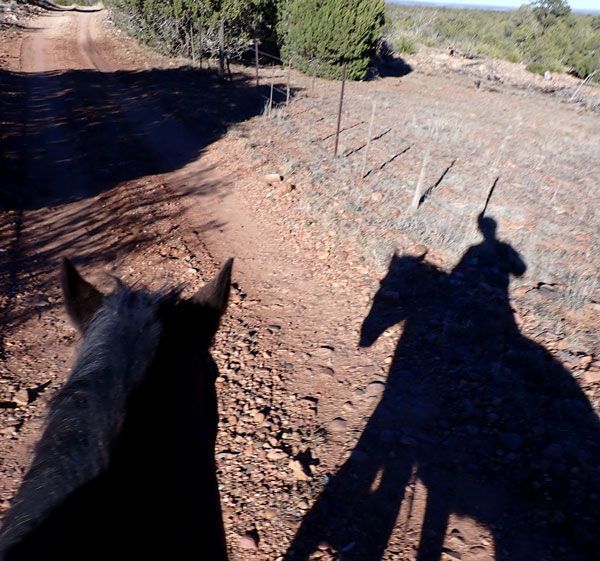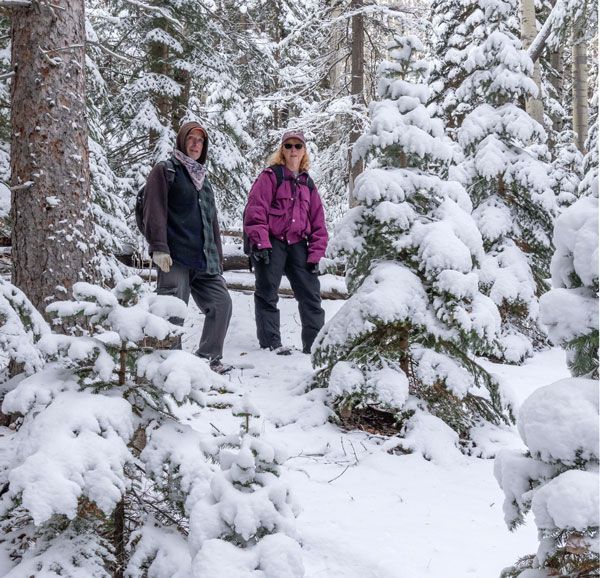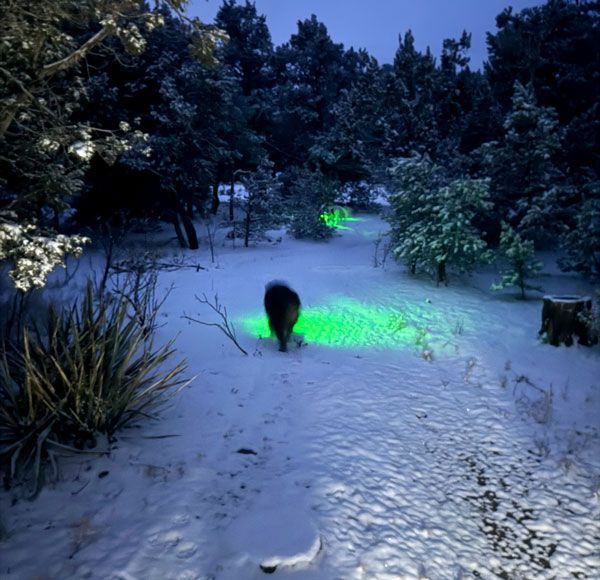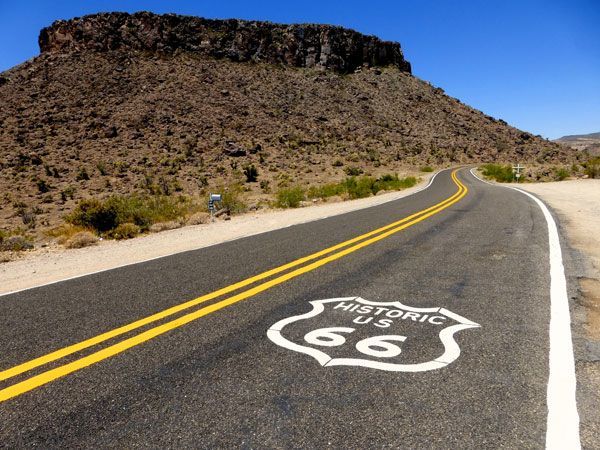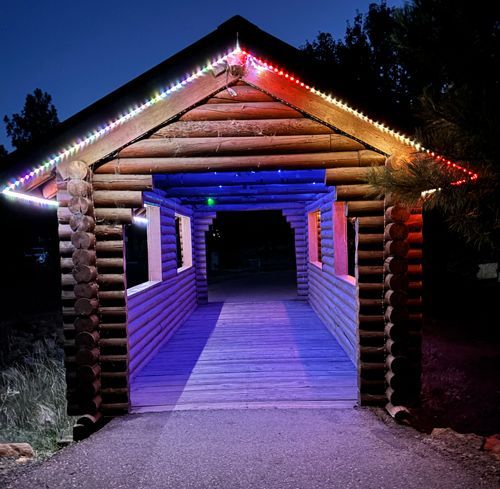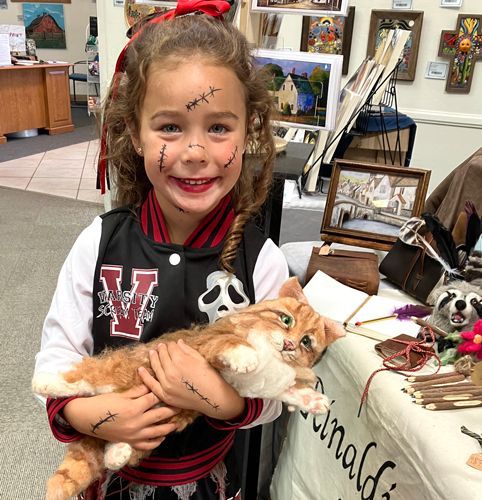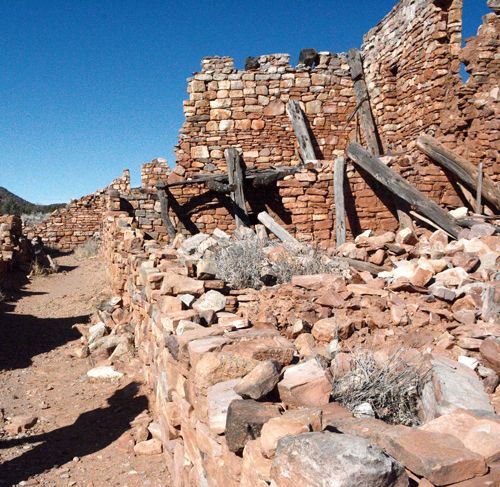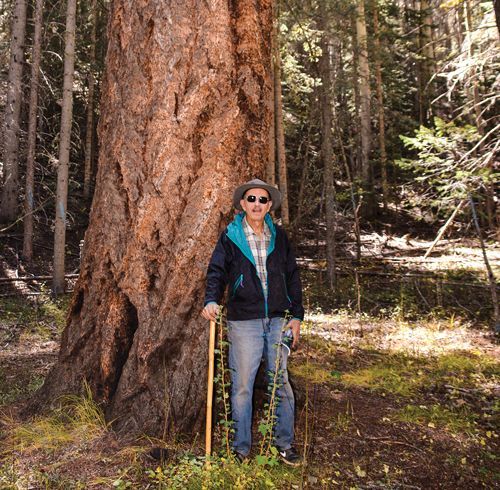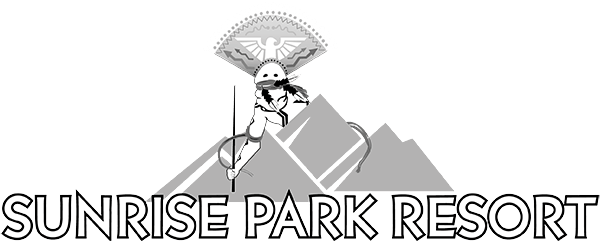Rehabbing wildlife
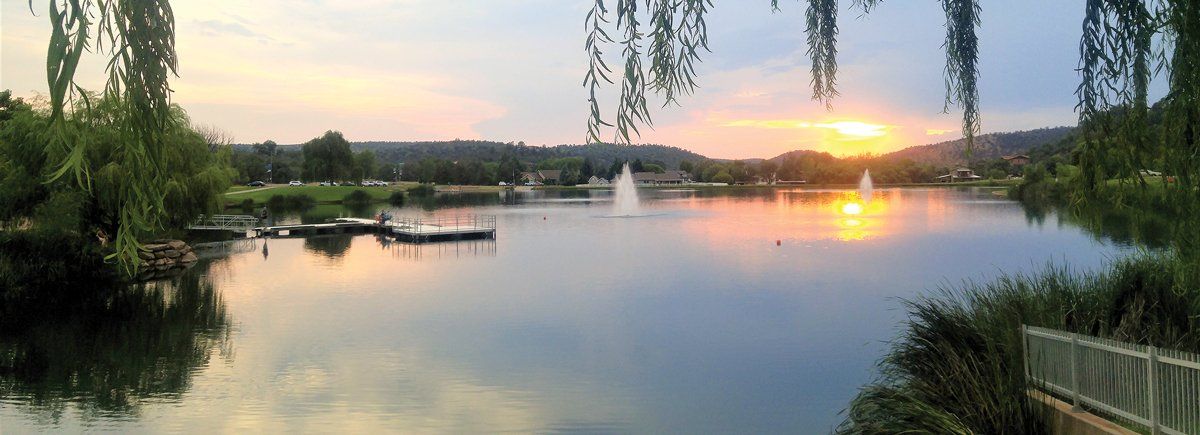
Before the flight of releasing wild birds, there is Delphia; a devoted rehabber. Delphia is a cancer survivor. After treatments, she looked for a volunteer job to work with animals, and in 1999, signed on with the nonprofit WILD. When they folded, she and another volunteer joined together and created Fallen Feathers. She was with them for 12 years including her time in Rim Country. Delphia has been a rehabber for 21 years.
She moved from Pine to Payson in 2017 where she now resides and runs her nonprofit from home. She is clear about her rehabbing, saying, “It’s like a calling that I was supposed to do from a very early age. The cancer I had went into spontaneous remission and I had a new lease on life. My intention was to help wildlife.”
The work of wildlife rehabilitation is hard and seemingly never-ending. So far this year, Arizona Wild Rescue has taken in 147 animals, which is over 20% more than this time last year. It is also very time consuming. For example, baby birds have to be fed every twenty minutes; small mammals anywhere from twice a day to multiple times an hour; hummingbirds every ten minutes. Delphia often uses her intuitive sense of what the animal needs, as well as her extensive experience and training to give them the right help. I asked her what determined if an animal was releasable. She replied that the animal must be able to find food, water, and shelter on their own and some animals, like raptors, need to be taught to hunt live prey.
There are not many wildlife rehabilitators in Arizona. In fact, Delphia is the only one in Gila County, an area over 5000 square miles. Animals come from as far away as Heber-Overgaard, Show Low, Happy Jack, and even Winslow.
I asked what unusual rescue she has done. She replied, “In January 2020, I was alerted to a grounded bald eagle in Heber. It was discovered later that the eagle had extreme lead poisoning. There were several Heber wild horses that had been shot close to where the eagle was found and it’s very likely she ingested the lead from scavenging their carcasses. It’s truly heartbreaking, both to have lost the wild horses and to lose an eagle as a result.” That is the top reason she recommends copper ammunition, because lead has a very detrimental effect on the environment and wildlife. “Always hunt ethically, legally, and responsibly,” she says.
“So, I asked Delphia, “What’s at our Green Valley Park?” She said, “Our most obvious residents are the Canada geese, bald eagle, and osprey, as well as many domestic ducks; all of those ducks were illegally abandoned there.” Other common animals are elk, cottontail rabbits, and pocket gophers.” In the evenings, assorted species of bats can be seen performing an aerial ballet and catching hundreds of insects an hour. Of course, there are also red-eared slider turtles (also dumped pets), frogs and toads.
The lake is stocked regularly by Arizona Game and Fish for urban fishing. However, there are side effects of urban fishing that include: leftovers from fishing, decomposing bait, as well as fishing line and hooks, which often get tangled up in animal’s legs, feet, and bills. It is very important to carefully clean up your fishing spot and discard loose lines, hooks, lures, and bait. For more information on wildlife and the Urban Fishing Program visit: www.azgfd.gov.
To keep her licenses current with Arizona Game and Fish and the U.S. Fish & Wildlife Service, Delphia takes continuing education classes to update on the latest information and techniques and to network with other wildlife rehabilitators. She works with Dr. Peggy Sorensen at Main Animal Hospital for veterinary care and wildlife needs.
“A federal law most people don’t know about is the International Migratory Bird Treaty Act originated in 1918. It came about because the ladies’ hat industry had such a demand from women to wear colorful feathers on hats. Many species were brought near to extinction, so both North and South America created this law to protect all migratory birds, imposing heavy fines and jail time for abusers.”
“DON’T FEED THE DUCKS” - the signs posted around the lakes. Feeding wildlife causes them to become habituated to humans; losing their innate fear of us and causing them to become more susceptible to attacks and abuse. In addition, giving them foods that are not part of their natural diet leads to a variety of health issues. For instance, feeding corn to elk and deer can cause fatal cases of bloat, because the corn ferments in their gut. Poor diet in waterfowl can cause a condition called “Angel wing,” which causes the outer joint of the wing to twist, making the bird unable to fly. It results in diminished resources as it creates a situation where there are too many animals compared to the amount of food sources available. There is plenty in the lake to eat, such as pond vegetation, fish, and turtles. The Great Blue herons often eat snakes, birds, fish, and even rodents. Lakes support the animal life without our interference.
In 2018, Delphia founded Arizona Wild Rescue, a 501(c)3 nonprofit organization. “My rescue depends solely on donations and volunteers. Currently, I have a handful of volunteers, but because I operate out of my home, I am very selective. There is always work: animal care, washing dishes, doing laundry, cleaning cages, administrative tasks, and so on. We have two junior volunteers who are learning valuable lessons while helping us. Volunteering is a great way for young folks to experience the satisfaction of helping others and to see what they might want to do as a career.”
The Arizona Wild Rescue also gives talks and presentations and has booths at fairs. Starting next year, she will have live animals to present. Delphia now has an education bird; a Steller’s jay called Junior bird. He is imprinted and doesn’t understand he is a bird. He was rescued as a fledgling, but kept by the finder as a pet. Junior learned how to mimic a cat meowing, a microwave beeping, and other sounds and phrases. When visited by a wild jay, he meowed at the bird.
Delphia explained that wildlife rehab is emotionally and mentally taxing. There is a high death rate in the industry due to injuries and stress that animals endure before getting help. However, those that survive and can be released, make all the heartbreaks worth it. To see a bird fly away or a bunny hop across a field gives hope to rehabbers everywhere, because they are making a positive impact.
Rehabbing wildlife is very expensive - specialized foods, veterinary services, equipment, supplies, education, licensing, professional memberships, office supplies, utilities, and more. There are some regular donors. The Arizona Wild Rescue, a 501(c)3 nonprofit, accepts donations in-kind or cash.
So, what is her dream? She dreams of a fully functioning outbuilding on her property to separate her life’s work from her home with sufficient ongoing donations to support the building. That will make it easier to do her work as she is disabled due to Ehlers-Danlos Syndrome and she has many days which are a physical struggle. “I do my best on any given day, whatever capability I have that day. One day at a time.”
To contact Delphia, email:arizonawildrescue@yahoo.com, or call 623-203-6473 (text preferred). Follow her work at www.facebook.com/arizonawildrescue. If you are interested in her presentation or talk, please contact her by email.


